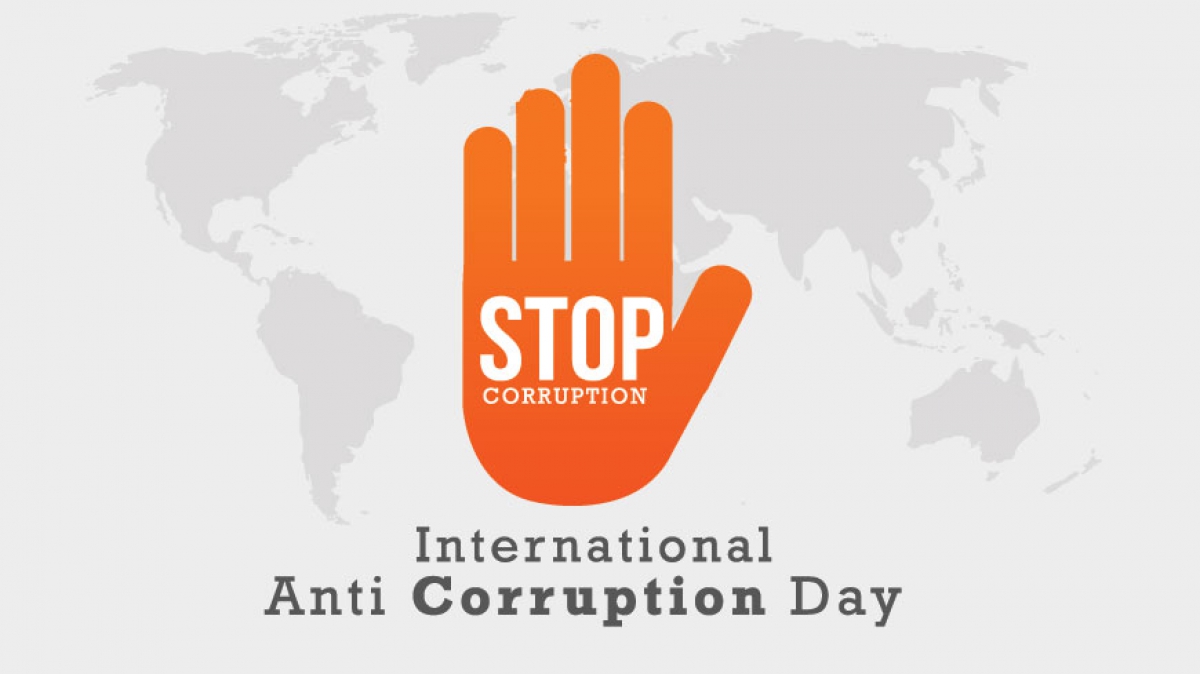Eduard Abashia, a lecturer at the Psychology Department of the Dnipro Institute of PJSC HEI "MAUP", a legal expert, and psychologist at the Amur-Nyzhniodniprovskyi District Office of the State Institution "Probation Center" in the Dnipropetrovsk region, provides the following information. On the initiative of the United Nations, in accordance with resolution A/RES/58/4, the International Day Against Corruption is observed annually on December 9 (International Day Against Corruption).
What is corruption?
The Oxford Dictionary interprets it as "decomposition, moral degradation, use of corrupt practices (bribery, etc.)". The Cambridge Dictionary defines this term as "illegal, bad or dishonest behavior, especially by people in positions of power".
What are the common motives that drive people to commit corrupt actions?
People can be motivated by various reasons, including personal gain, financial enrichment, power and control, advancing personal or professional interests, seeking competitive advantages, satisfying their own ego or ambitions. These motives can drive them to corrupt actions such as money laundering, falsification of financial reporting, embezzlement, bribery, fraud, insider trading, nepotism (another name is cronyism, meaning 'patronizing friends or relatives to the detriment of the cause or state'), and so on.
From my own observations, I can say that corrupt individuals tend to hate, even despise those who live on a single salary, and consider them on par with beggars and losers. For corrupt individuals, it is extremely important to feel some imaginary superiority over others, to emphasize the status of a wealthy person. Many of them cannot come to terms with their poor past, their own inferiority, some cannot find peace in memories of a destitute and hungry childhood, and believe that fate was unfair to them and they must finally take what is theirs, and so on.

Corruption in Ukraine has long been a daily norm of life. It is present in one form or another in almost every sector of the country. And the more they talk and declare from everywhere about fighting corruption in Ukraine, the more it grows. Corruption must be eradicated from human consciousness, and for this, a constant development of critical thinking of the entire population is needed, along with education, peace and mental calm, stable and high income, increased well-being, improvement of material conditions and quality of life for citizens, and so on.
Within the topic of corruption, I would also like to draw attention to the perspective of John "Jack" Schafer (Jack Schafer), Ph.D., psychology professor, intelligence consultant, and former FBI special agent. John Schafer dedicated fifteen years of his life to counterintelligence and counter-terrorism activities and worked for seven years as a specialist in the behavioral analysis unit of the FBI's National Security Division. He developed methods of agent recruitment, interrogated terrorists, and trained future agents in the art of interrogation and persuasion.
 Eng
Eng  Укр
Укр 